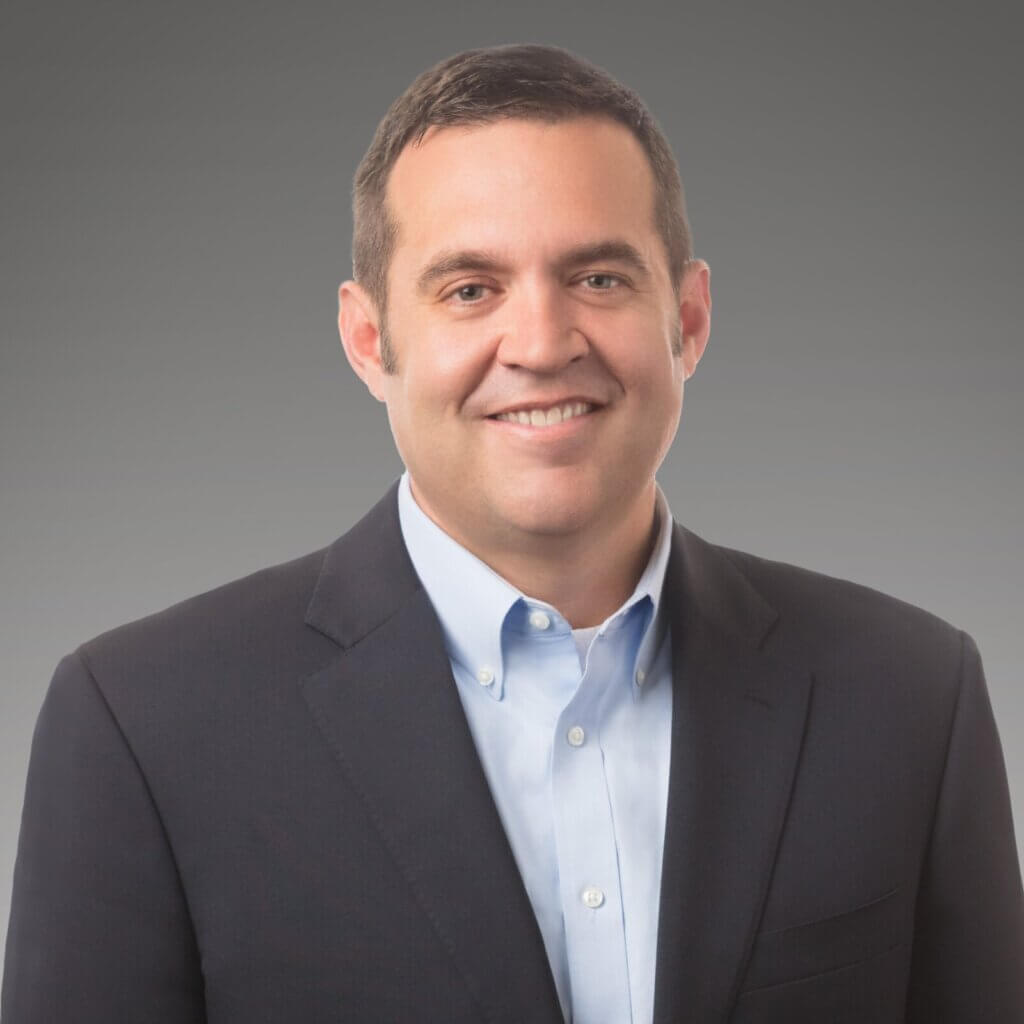
Analysis
What makes a good fund administrator?
Fund administrators provide essential accounting, reporting, regulatory, and technology support alternative assets managers. But what makes a good fund administrator and what should private markets managers look out for when selecting a fund administration partners?

The fund administration industry has undergone a remarkable transformation during the last 20 years.
Fund administrators have evolved from niche divisions within banks and accountancy firms into fast-growing, independent platforms with global footprints and growing pools of assets under administration (AUA).
What is fund administration?
Fund administration involves the management and delivery of core back and mid-office functions for alternative asset funds.
Fund administration responsibilities include:
- Fund accounting
- Financial and investor reporting
- NAV (Net Asset Value) calculations
- Managing capital calls and distributions
- Fund compliance
- Regulatory assistance
- Audit and tax support
- Anti-money laundering (AML)
- Investor services and onboarding
- Technology and advisory services
What makes a good fund administrator?
But what makes a good fund administrator, and what qualities should private markets managers consider when selecting a fund administration partner?
Here are seven key qualities to look out for when assessing a fund administrator:
1. A client-centric approach
A good fund administrator will be able to curate bespoke operational models that address specific client priorities and needs.
Good fund administrators will have deep industry knowledge of the key alternative asset classes, including private equity, real assets and private debt.
Fund administrators will understand the operational requirements of private markets managers in these asset classes, and be up to date on the fluid regulatory backdrop they operate within.
Rather than limiting clients to basic, off-the-shelf packages, client-focused fund administrators will provide tailored fund solutions that reflect an understanding of each manager’s investor relationships and their financial and investor reporting priorities.
Personalized fund administration services, supported by industry knowledge and excellent client relationship management, can enhance fund administration by improving accuracy, speed, and efficiency.
2. Accuracy and attention to detail
Investor demands for more frequent, detailed and bespoke information, coupled with the fact that investor bases are more global and diverse, has made it essential for private markets managers to exercise meticulous, accurate record keeping to stay on top of their operations and investor expectations.
A good fund administrator is detail-oriented and consistently delivers timely, precise financial statements and accurate fund reporting.
Error-free fund management differentiates alternative asset managers to their investors, and allows them to spend more time discussing investment performance, rather than clearing up errors and delays. It is the fund administrator’s role to facilitate this.
3. Leading on technology and innovation
Technology is a key enabler for enhancing fund administration and processing the rising volumes of granular investor and regulatory reporting efficiently.
The best fund administrators have deep technology expertise, and a proven track record of using fund administration technology to drive the efficiency, accuracy and responsiveness of their service provision.
Effective fund administrators will also be using their technology stacks to provide innovative fund administration solutions – such as co-sourcing models – to dovetail their services with precise client requirements.
A good administrator should also have exceptional understanding of the market-leading fund accounting software platforms – including Yardi, eFront, Allvue and FIS Investran – and be able to implement and tailor these platforms for clients.
4. Regulatory compliance and risk management capability
Adherence to financial regulations and legal compliance are an essential ‘license to operate’ for private markets managers, and any shortcomings in these areas can have serious implications for investor relationships, fundraising and access to capital markets.
It is of critical importance that an alternative asset manager’s fund administrator has a comprehensive understanding of all relevant laws and regulation, including anti-money laundering (AML) rules and the Foreign Account Tax Compliance Act (FATCA) and Common Reporting Standard (CRS). The provision of rigorous fund compliance services, compliance audits and fund governance best practice are also essential capabilities.
In addition, a good fund administrator will conduct proactive fund risk management as a matter of course, anticipate risk across all of a client’s fund operations, and put appropriate risk mitigation strategies in place.
5. Providing ancillary services around fund administration
The core capabilities of the fund administrator are fund accounting and investor reporting, but market-leading fund administrators will be able to leverage their expertise in these areas to provide clients with a much deeper and sophisticated range of investor services.
As managers increasingly look to outsource back-office functions, scale operational infrastructure, and benchmark operating costs, administrators can assist managers with tax services, corporate and secretarial services, treasury, performance measurement and the provision of Alternative Investment Fund Manager (AIFM) and depositary support.
Fund administrators will also be able to leverage their technology expertise to provide counsel to clients on fund accounting software choices, automation and operating models, as well as provide access to internal, proprietary technology that could assist clients with rising reporting demands.
6. Global reach and local expertise
Private markets investor bases are more diverse and global than ever, and in order to service their investors, managers require an understanding of the variations in fund law and operations across different jurisdictions.
Fund administrators with a global footprint and “boots on the ground” in key fund jurisdictions are able to combine local knowledge with a global perspective, and service clients wherever they are based, and service funds wherever they are domiciled.
For private markets managers this provides coverage and peace of mind that would be incredibly difficult to replicate with a back-office team operating out of a head office in a single country.
7. Communication
A fund administrator’s technical excellence should be combined with outstanding stakeholder communication skills, clear fund reporting practices and total transparency on the fund administrator’s working practices and processes.
A good fund administrator will have high levels of customer satisfaction and be able to evidence this with positive net promoter scores. They will be passionate about fund services and continue investing in their businesses to provide clients with high value, tech-enabled services.
Openness and transparent communication are the foundation upon which good fund administrators retain clients and talented staff, and maintain consistently high levels of service delivery.
Key partners for the alternative investments sector
As the alternative investment industry matures, its regulatory, reporting and operational obligations are becoming more complex and demanding.
Alternative assets managers are increasingly turning to fund administrators to shoulder the load with them to be operationally successful.
A good fund administrator will have the expertise and capability to add significant value for clients by bringing deep industry knowledge across real assets, private equity and private debt to the forefront, and combine this with a client-centric approach, accuracy, deep technology expertise and broad range of services provided from a global network of offices.

Alter Domus’ Fund Administration Services
Our 5,700 global experts specialize in alternative funds, providing advanced services to help you navigate complexity, streamline operations, and stay ahead of the competition.
More insights:
Migrating your fund? What to consider when changing your fund administrator.
Alter Domus explores the essential considerations and strategies for GPs to ensure a smooth transitions to a new fund administrator.


In-house vs third-party fund administration?
Private markets growth raises back-office demands – should fund administration be in-house or outsourced? Alter Domus weighs the options.
What is fund administration?
What is fund administration, what services do fund administrators provide and how do they assist private fund managers? We explore.

Key contacts

Maximilien Dambax
Luxembourg
Global Head, Real Assets

Nathan Rees
North America
Head of Tech Operations, North America Fund Services





